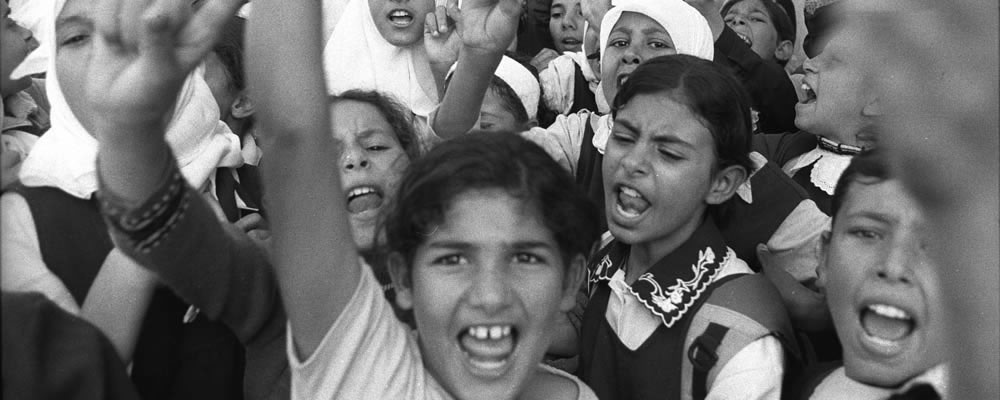More than 2 billion people live in societies affected by conflict, violence, high levels of crime and corruption. For these societies, the rule of law provides a pathway to peace and transition from a situation of fragility to stability. Effective rule of law will notably:
- Reduce violence through courts and other conflict-resolution mechanisms;
- Increase security through police and security forces that serve and protect the local population;
- Give vulnerable groups and those seeking justice access to remedies and capacity to claim their rights through justice processes including participative rehabilitation and reparation mechanisms;
- Protect human rights through national institutions and processes;
- Address sexual and gender-based violence and increase women’s participation and leadership in justice and security institutions;
- Provide transitional justice for societies needing to recover from legacy of violence.
Sadly, the social trust, norms and institutions enabling the rule of law are the first to suffer because of conflict. As a result, fragile societies often do not have the human or institutional capacity to provide this vital ingredient for peace and development. What is more, powerful forces may resist a shift from a rule of the gun to a rule of law. At the same time, victims of human rights violations may live next to the perpetrators, risking a resurgence of violence if there is no justice. The challenges are substantial.
Transition International Rule of Law Services
Transition International provides specialized services to assist our clients to foster a rule of law breaking the cycle of violence and laying the foundation for sustainable development. TI’s approach is collaborative, emphasizing local engagement and tailoring interventions to the local context. It includes consultations with victims and communities to ensure their meaningful participation in rule of law processes. Moreover, TI strategically combines bottom-up approach focusing on victims, citizens, civil society and other rights-holders, with top down approach focusing on the state on other duty bearers, thus providing as comprehensive and balanced approach as possible. Specifically, TI provides the following services to support rule of law interventions:
Advisory Services
- Designing, drafting and evaluating rule of law programmes and justice reform strategies
- Capacity building programmes for legal and operational actors
- Formulation of policies and laws to promote human rights and the rule of law
- Review of domestic legislation to ensure conformity with international standards
- Establishment of transitional justice and victim reparation mechanisms, their structure and processes
- Consultation, inclusion and empowerment of victims and communities to ensure their ownership of justice mechanism and processes
- Development and implementation of a communication, outreach and sensitization strategy, generating awareness of rights and justice remedies for victims.
Training
- Customized training on human rights, international justice standards and transitional justice
- Training on legal aspects of peacekeeping, in particular the UN Charter, human rights in conflict, transitional justice, the rules of engagement, sexual exploitation and abuse, and protection of civilians
- Preparation and facilitation of workshops on human rights, justice and the rule of law.
- Training in dealing with traumatized victims and affected communities & managing expectations of victims in consultation processes
- Training on collaboration with national and local authorities (from capacity building to advocacy)
Knowledge Development
- Needs and capacity assessments of rule of law and justice institutions as well as reparation programs;
- Stakeholder mapping and consultations with international and national stakeholders, ranging from local communities to legal practitioners and governmental actors
- Taking stock of lessons learnt and best practice and translation of these into policy and programme recommendations.
The Rule of Law Desk coordinator position is vacant

